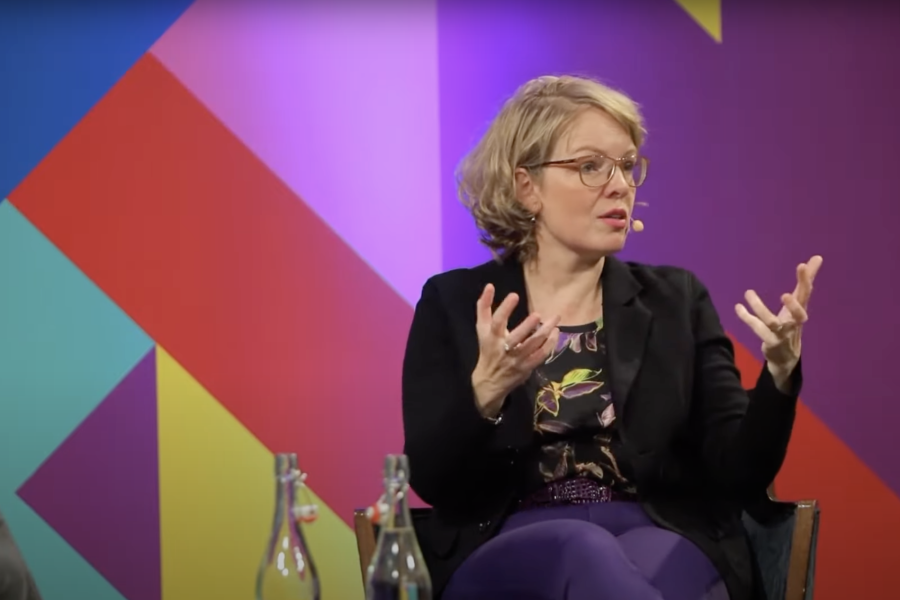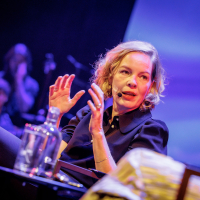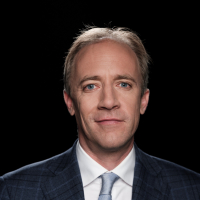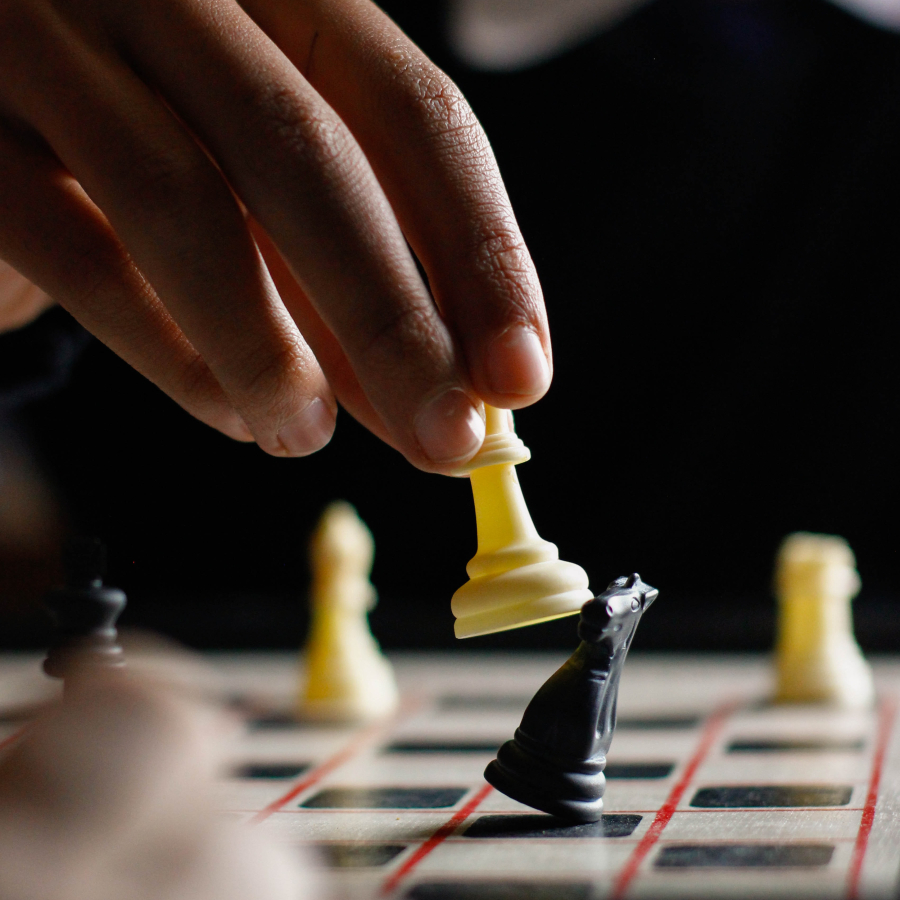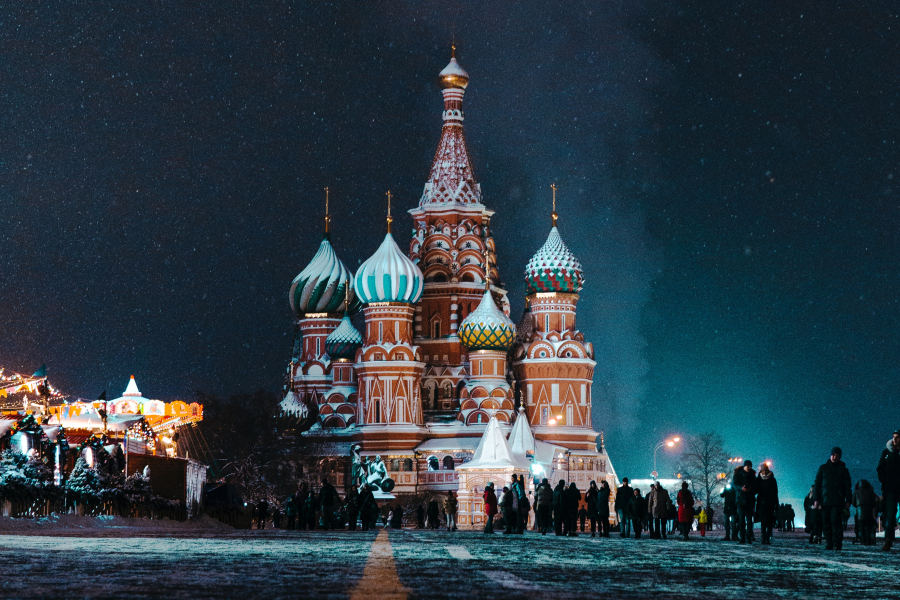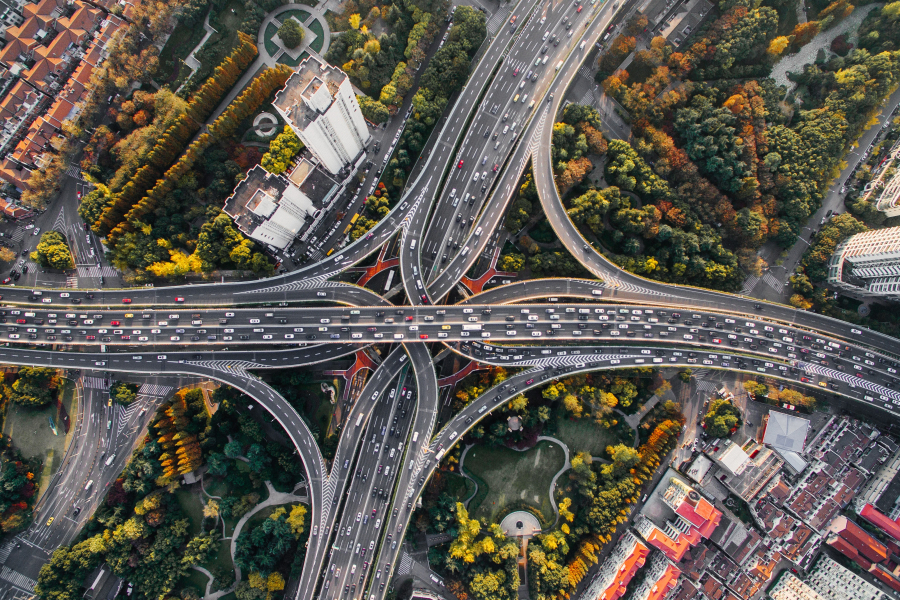Europe and Russia - broken relations
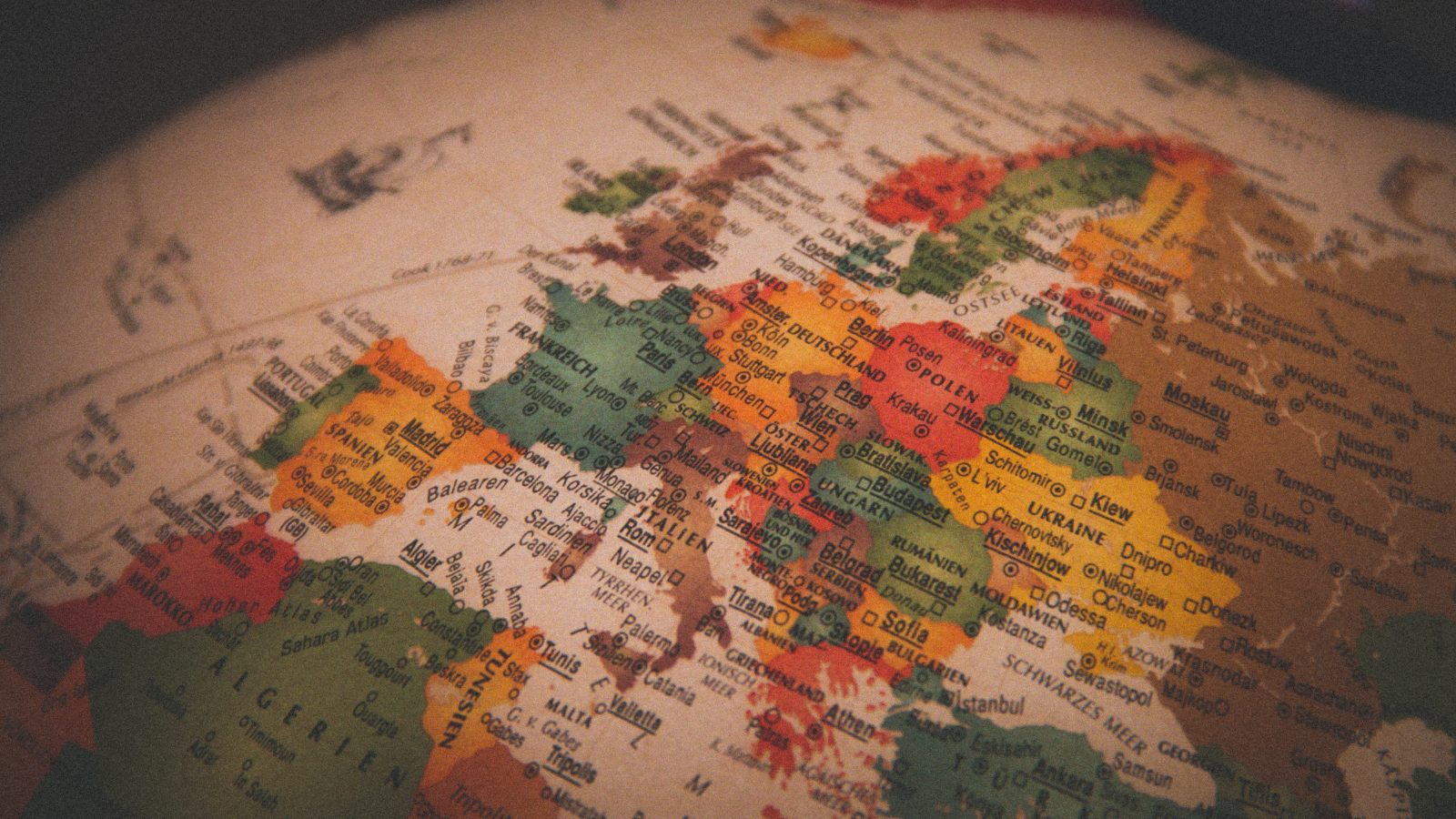
Since the Russian invasion of the Ukraine, Europe's action (or inaction) has been discussed frequently, but also to their lack of anticipation. During the last evening of our Rethinking Global Power Series journalist Eelco Bosch van Rosenthal (Nieuwsuur) asked the big question that lives in everyone's head: should we have seen this coming? Maybe during Putin's speech in Munich in 2017, where he was extremely hostile towards the EU? When did the European naiveté towards Russia start?
The former Russian – European partnership
"Naiveté is a difficult term for a historian, because in hindsight one always knows better", explains Beatrice de Graaf, faculty professor of History of International Relations &: Global Governance at Utrecht University. The question is, what was the playing field and the horizon of expectations for politicians at the time itself. She argues that Europe's interactions with Russia have always been based on the legitimate premise that cooperation provides mutual profit: "Things mostly work best for every party if they work together. Both European countries and Russia profited from deals with Europe – and they still do. It is too simple to consider the trade treaties that Europe concluded with Russia as naïve. At the time, they were a logical, and proven and tested attempt of weaving a web of relations that would lead to convergence – as the European countries and Russia did during the Cold War. "It could have worked again", says de Graaf, "in the early stages of his reign, Putin also seemed to have adopted that course of action. Yet, from the inception of his presidency, there was also this darker course that Putin was contemplating. And at various moments, he decided to let that course prevail – prompted by domestic, ideological motivations. It was his decision, made in Moscow, and not in the capitals of Europe
Putin's radicalisation
If we are looking for some naivité, according to De Graaf, it has been our failure to take this oppressive, authoritarian side of Putin's politics seriously, and understand his decisions as stepping stones on a pathway towards radicalisation. These stepping stones, or turning points, become apparent once we take a historical perspective: "From the 2000s onwards, there is this trend of Putin's radicalisation, enacted in a series of repressive moves against Ukraine, Georgia, and his own population. The motivation for that is largely intrinsic: domestic and ideological." De Graaf elaborates that a significant part of that ideology is based on Putin's decision to embrace Russian orthodoxy as a new state ideology to fill the vacuum created by the dissolution of the Soviet Union. For Putin, this brand of Christianity was allegedly instilled in him by his mother, who was a devout Christian: Putin invokes her piety regularly in his speeches and declarations.
To analyze and better understand Putin's ideology, her former student Niels Drost coded over 11.000 essay's, speeches and declarations, stemming from Putin (and from his ally and former prime minister Dmitri Medvedev). De Graaf and Drost are currently finalizing an academic paper on the basis of this codework. "From 2000s onwards, and that is really something that struck us, Putin has been using anecdotes from the Tsars, and not only anecdotes: he's started erecting numerous monuments, statues of the tsars and restoring and rebuilding Orthodox churches that had been erased", she describes. What De Graaf and Drost found is that, over time, Putin is referring to increasingly darker episodes of Russia, relating to the authoritarian Tsars, the invasions, and the conquests carried out by the Russian empire before 1917. Whereas in 2000 he still positively referred to tsar Alexander I, a supporter of the Congress of Europe, in 2004 he started quoting Ivan the Terrible, as a reaction to the first colour revolution in Ukraine. With the war in Georgia in 2007-2008, Putin then started quoting the empress Catherine and her conquests in the Crimea. When he was re-inaugurated in 2018, he let the 19th century Tsar anthem be sung. "So its Christianity, ideology, territory, ultra-naturalism, all mixed together in a highly explosive mixture" says de Graaf.
Europe's naivete
Thus, what we have seen over the past twenty years is that more and more events in Putin's reign were not playing out according to his script (of promoting Russian greatness, innovation and modernization). This prompted him to increasingly deploy a more authoritarian rhetoric. The annexation of the Crimea in 2014 was, in this respect, already something of a climax. De Graaf explains that from that moment onward, the EU could have listened better. "Yet, the rhetoric, the actions embraced by Moscow were not initiated by something the EU or the US did. Putin's actions were really motivated by developments, policy failures that were happening inside of Russia."
That the radicalisation process Putin has unleashed, and which Russia is undergoing under his authoritarian regime, is inspired by domestic, intrinsic and partly ideological motives, is not to say that context does not matter. The EU and NATO haven't helped to mitigate this radicalization process much. This is then perhaps the place where we could identify some European naiveté, according to De Graaf. "Politicians in Germany, the Netherlands and elsewhere in the Western European countries – not so much in Eastern Europe mind you - didn't really want to see what was going on regarding this cultural and ideological radicalization processes. If Russian leaders and foreign ministers were developing a radical mindset, they perceive and understand things differently, there is a different rationality at play, and that is something that the EU and US should have seen coming. The American intelligence services did, by the way, but the governments did not act upon it." So, while the interview with prof Beatrice de Graaf showed that the actual invasion of Ukraine was the product of Russian radicalization predominantly, there was some naiveté in overlooking this radicalization process in the Kremlin on the part of the (Western) European capitals.

